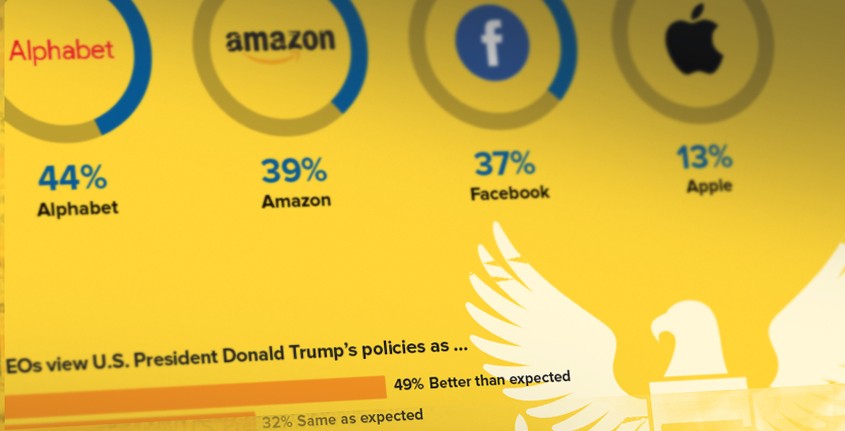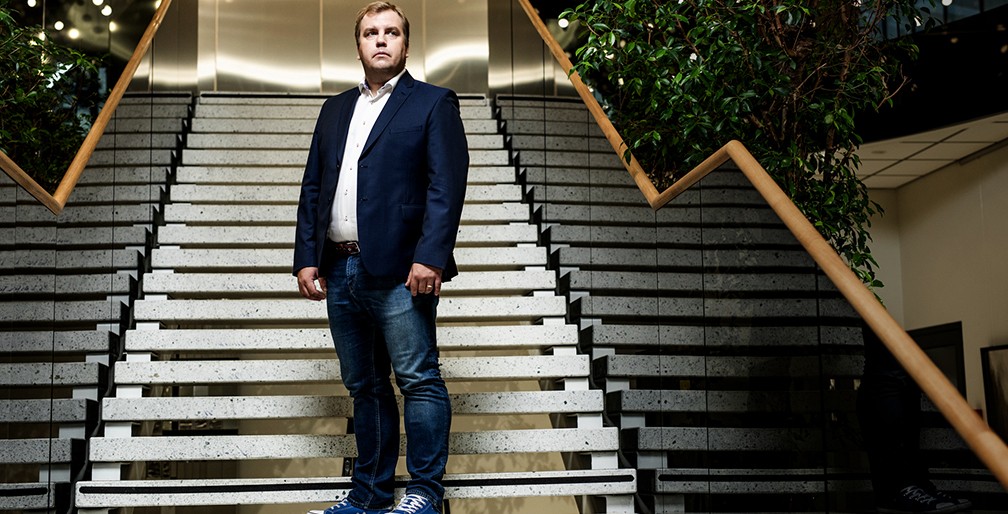Give Executives a Break
There is a side to being a senior executive that is rarely seen. I call it “the dark side of a closed door.” People often look at
the C-suite and think, “Those people have it made!” By way of a sample of perks, someone may point to the use of the corporate jet, travel to exotic places, other people preparing your presentations, big paychecks, permission for angry outbursts, coming and going at will without someone looking at the clock, and the almighty power to say yes or no to spending and initiatives.
I think any of us who have reaped the benefits of some big company somewhere (or many companies everywhere) might want to take a moment to appreciate the C-suite denizens.
The Other Side of the Door
I have been on the dark side of the closed door and have had the privilege to see what is often hidden. The CEO who fights back tears as he tells the 60-year-old CFO, a man he has worked with in various roles for 27 years, that he is no longer the right man for the job. The head of human resources who has to overcome the pains in her stomach to face a workforce of 40,000 people and communicate with conviction that—for the company to survive—everyone needs to take a 5 percent pay cut and there will be no more 401(k) matches. The head of supply chain who just signed off on shutting down 30 percent of the plants and was unable to sleep for several nights remembering the impact on his own family when his father was laid off from his factory, and now he flipped that same switch for over 2,000 people.
What Must Always Come First
Where do they draw their strength to make and execute these tough decisions? An onlooker may say, “Oh, they just don’t care, as long as they get their big payoff from raising profits.” Yet I know they do care. I have sat behind too many closed doors and handed over too many tissues as I listened to these men and women steel themselves to do what needs to be done. Share on X
One very successful CEO said it quite clearly to me: “When my predecessor shook my hand the day I took over the job, he told me to remember that what must always come first is ensuring the future of the company, then taking care of the employees, the customers and the shareholders, then the community, and then, at the very bottom of the list, should be me.”
That is a place that very few people choose to live—at the very bottom of a huge heap, the very top of which is always ensuring the future of the enterprise. Perhaps executives do have enviable perks and are prone to some moodiness. But I think any of us who have reaped the benefits of some big company somewhere (or many companies everywhere) might want to take a moment to appreciate the C-suite denizens. They are those who put the future of that company first so that it continues to thrive and gives us the goods and services we enjoy and benefit from today.



